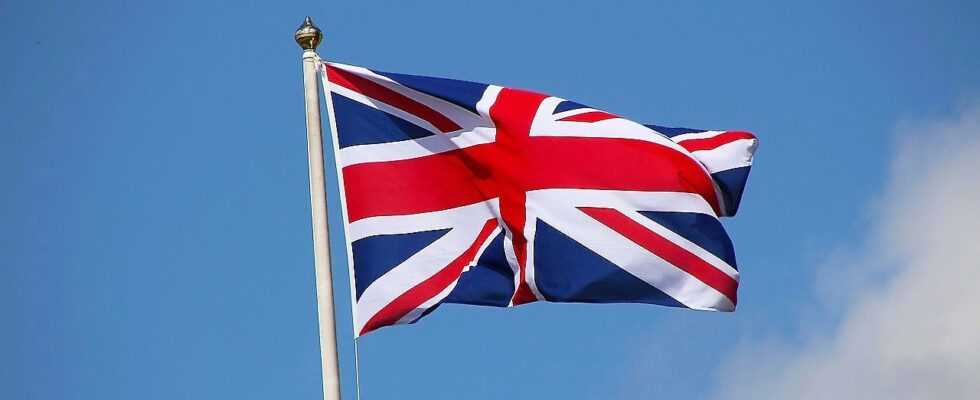by William Schomberg and David Milliken
LONDON, May 5 (Reuters) – The Bank of England (BoE) raised its interest rate on Thursday to 1%, its highest level since 2009, to counter inflation which could reach more than 10% this year , while warning that the UK economy could slide into recession.
Six of the nine members of the Committee (MPC) voted in favor of the quarter-point rate hike, with Catherine Mann, Jonathan Haskel and Michael Saunders voting for a 50 basis point hike to 1.25% .
Economists polled by Reuters expected eight votes in favor of a 1% hike.
Most members of Britain’s central bank believe that “some additional monetary policy tightening may still be appropriate in the coming months,” the BoE said, dropping the word “modest” in its statement. the magnitude of future rate hikes.
Central banks around the world are grappling with accelerating inflation they have long described as transitory before Russia’s invasion of Ukraine sends energy prices skyrocketing.
The BoE is further concerned about the impact of restrictions put in place in China in the face of the COVID-19 outbreak which threaten to further disrupt supply chains and increase inflationary pressures.
The US Federal Reserve raised rates by 50 basis points on Wednesday, its biggest hike since 2000, and made clear that further hikes, possibly of the same magnitude, would follow.
The BoE expects the UK inflation rate to peak after those of other major economies due to the household energy price cap, which saw tariffs rise by 54% in April and which, according to the central bank, will rise another 40% in October.
The institution maintained its growth forecast for this year at 3.75% but now expects the economy to contract by 0.25% in 2023, compared to an expansion of 1.25% previously.
It also revised down its growth forecast for 2024, to 0.25% against 1.0%.
On the markets, the yield on ten-year British government bonds fell sharply after its announcements and fell to 1.86% around 11:45 GMT against 1.95% just before the publication of the monetary policy statement.
The pound sterling widened its losses against the dollar (-1.75%) and the euro (-1.29%) and the FTSE 100 index gained 1.32%. (Report David Milliken and William Schomberg, French version Laetitia Volga, edited by Sophie Louet and Kate Entringer)
